Islam and Fairtrade
What is the “Fairtrade” movement?
Fairtrade is a worldwide movement that aims to help farmers and producers in developing countries. The term fair trade means that they receive a fair price for the goods that they produce.
Why is the “Fairtrade” movement significant?
Often, businesses that buy from farmers or producers want to pay far below the fair market price, taking advantage of already vulnerable communities. This traps people in developing countries into an unending cycle of poverty.
The Fairtrade movement helps the farmers and producers deal with big companies that buy their products to ensure that the people receive a fair income plus a little bit more, called a “premium,” from their produce. The premium is used to fund community projects, such as schools and healthcare facilities.
The Fair Trade movement began in 1946 when an American woman Edna Ruth Byler began importing needlecrafts from low-income women in South America. She laid the groundwork for the first Fair Trade organisation.
In Europe, the fair trade movement began after the Second World War and quickly gained popularity. A movement where all producers are given fair and equal access to the markets was born, and the slogan, “Trade not Aid”, was adopted in 1968. In 1988, the certification “Fairtrade” was developed to identify businesses who entered the fair trade model with farmers and producers in developing nations.
Today, Fairtrade-certified products can be bought in 70 different countries, and it’s the most recognised ethical label in the world. Fairtrade is a global system; look for the Fairtrade organisation in your country if you want to learn more or get Fairtrade certified.
“Fairtrade” logo. If you see this logo on a product, consider supporting it by buying it.
What does the symbol mean?
Blue represents the sky.
The colour green symbolises growth.
The black shape represents a person raising their arm as a symbol of empowerment.
Is the “Fairtrade” principle Islamic?
While the movement has not originated from a Muslim country, it’s very Islamic.
As Muslims, we must uphold justice, fairness and honesty in our dealings, including with business and consumers. Farmers and producers in developing countries of Africa or South-East Asia struggle to make ends meet and put food on the table for their children, so how can we as Muslims not support them by paying a fair price for their work? Would you willingly cause harm to a family or whole community by underpaying them?
Not all products are usually Fairtrade certified. If you’re interested in supporting this movement then look for the Fairtrade logo on products such as chocolate, cocoa, coffee, tea, cotton, textiles, nuts, oils, honey, herbs and spices, fruit juices, sugar, and vanilla.
Evidence of “Fairtrade” principles in the Quran or Hadith.
‘Allah loves those who are fair and just.’ (49:9)
‘Give full measure and full weight in justice, and wrong not people in respect of their goods.’ (11:85) ‘Woe to those that deal in fraud. Those who, when they have to receive by measure from men, exact full measure. But when they have to give by measure or weight to men, give less than due. Do they not think that they will be called to account?’ (83:1-4)
‘A truthful and trustworthy merchant will be in the company of the Prophets, the upright and the martyrs.’ (reported by Tirmidhi)
‘Allah shows mercy to a man who is kind when he sells, when he buys and when he makes a claim.’ (reported by Bukhari)


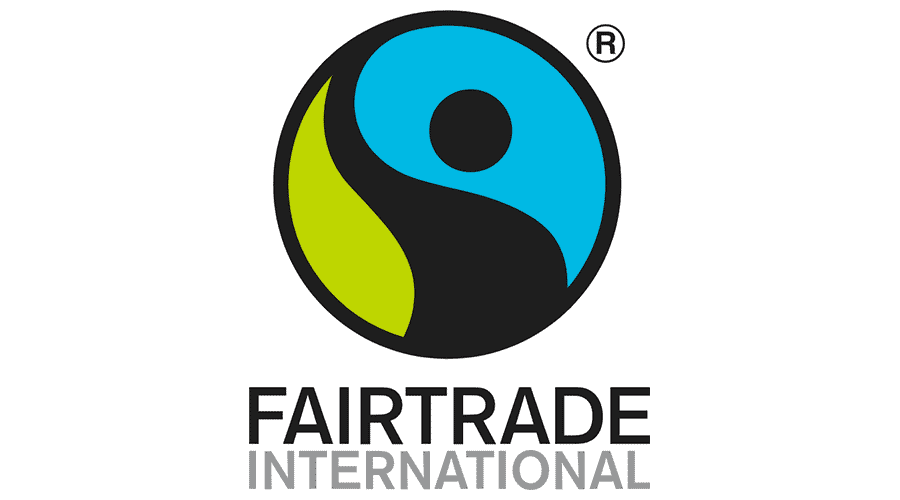
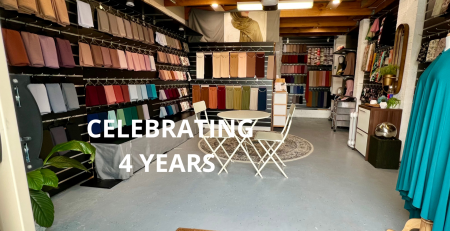
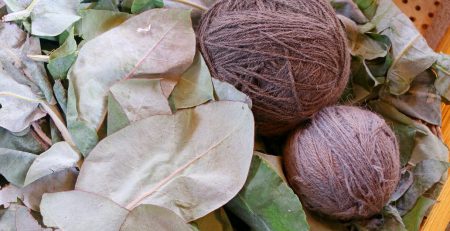
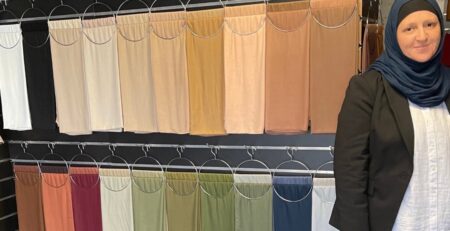
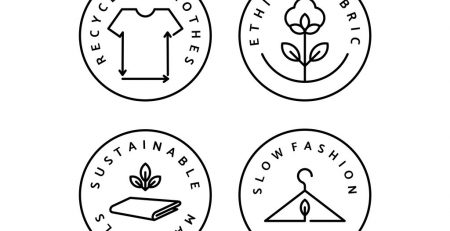
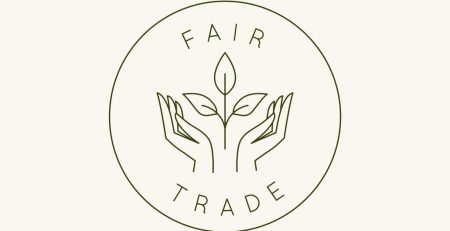


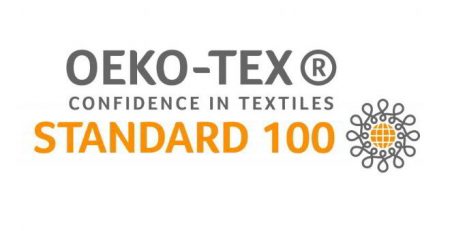
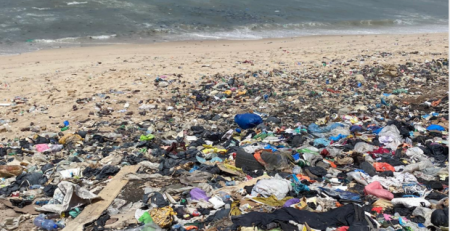
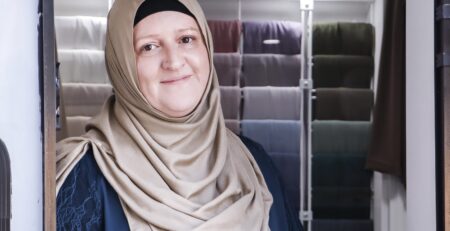
Leave a Reply